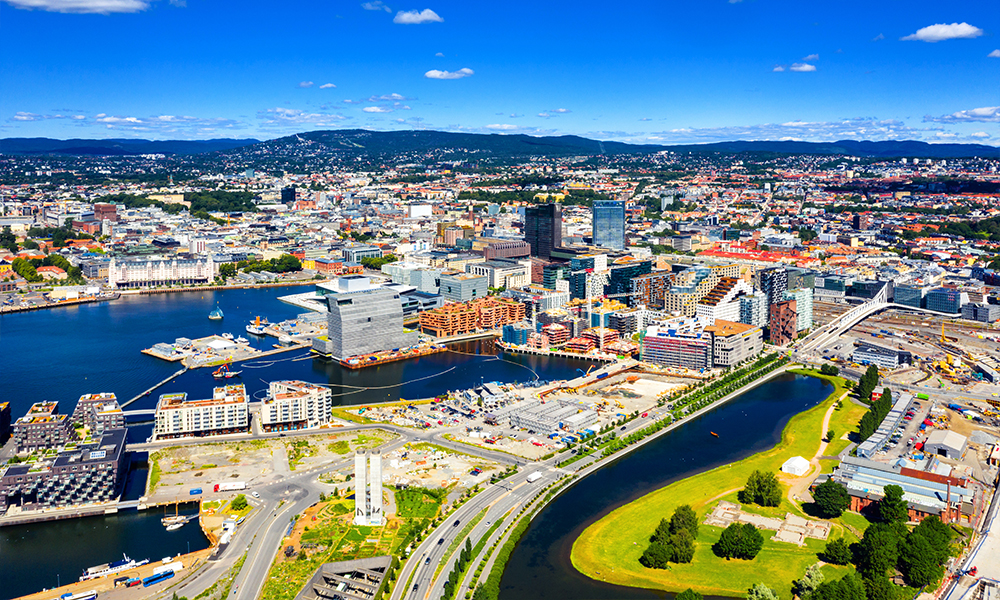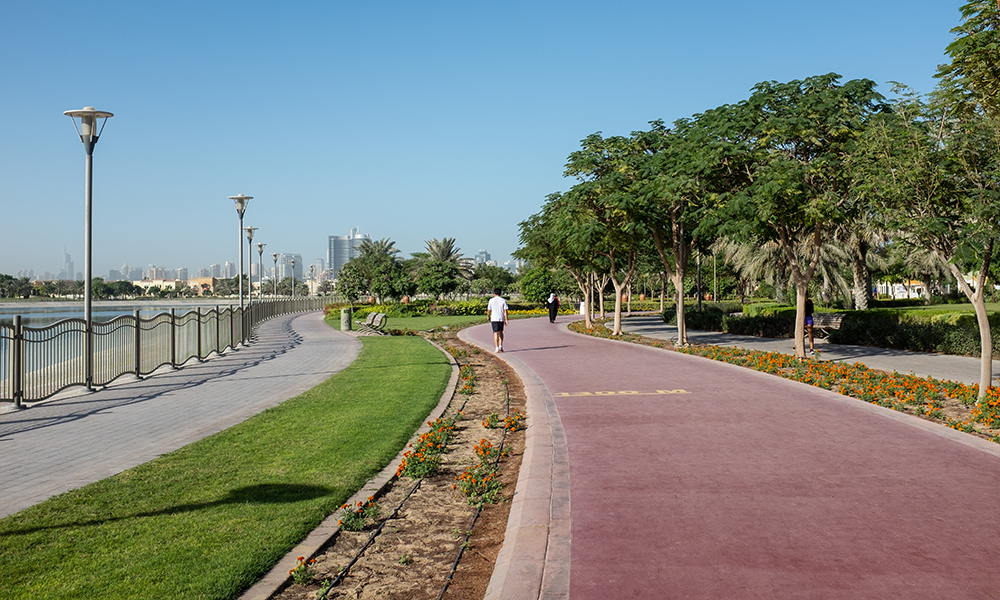The fifth edition of Arcadis’ Sustainable Cities Index (SCI) has revealed that Oslo has clinched the first spot in its ‘Overall’ ranking. Stockholm, Tokyo, Copenhagen and Berlin were ranked at second, third, fourth and fifth respectively.
The SCI ranks 100 global cities on three different pillars of sustainability: Planet (environmental), People (social), and Profit (economic). The report noted that Oslo ranked first in terms of Planet, 17th in People and 39th in Profit.
The top five cities in the Planet pillar were: Oslo, Paris, Stockholm, Copenhagen and Berlin. The report said these cities’ governance, innovation, human capital and climate action efforts boost their environmental scores. Tokyo is the only non-European city to feature in the top ten, while
Bogota is the only developing city to feature in the top 40.

John Batten, Global Cities Director at Arcadis noted, since our last SCI published in 2018, the pressure on cities has grown exponentially and our relationship with them has changed. Cities were on the front line of the COVID-19 pandemic, with hubs around the world suffering enormous social and financial fallout as businesses were forced to close, public services were pushed to their limits and unemployment rose. The sense of urgency around climate change has also spiked dramatically over the past several years. Read more about the Middle East region’s journey to Net Zero development with insights from four regional experts here.
Glasgow, Zurich, Copenhagen, Seoul and Singapore were listed in the top five in the People pillar. The report said these high-performing cities offered healthy, safe, well-connected environments and relatively low-income inequality. Several east Asian cities – Seoul, Singapore and Tokyo – also featured in the top 10, propelled to top positions by their strong, affordable amenities, excellent education and low-income inequality, the report explained.
Seattle, Atlanta, Boston, San Francisco and Pittsburgh were named in the top five in terms of the Profit Pillar. The report remarked that US cities lead the way in areas such as connectivity, ease of doing business, green finance, economic development and job quality. However, the report also pointed out that profitability doesn’t always translate into prosperity.

Batten added, although the pandemic may have temporarily stunted growth for many cities, it has presented the opportunity for a ‘Great Reset’, towards greener, healthier, more inclusive centers. Sustainability is not a luxury; on the contrary, it’s something we cannot afford to lose focus on. For all the suffering it caused, one positive thing the pandemic taught us is that radical change is not as far out of reach as we think. ‘Building back better’ is not only about economic recovery; it is about meeting the evolving needs of citizens in a way that accelerates our progress towards Net Zero.
Cities must take a holistic approach, developing a sustainability plan that invests equally in the three pillars of Planet, People and Profit. Often, cities have a laser focus on attracting businesses, investors, and skills to feed the profit pillar. There should be as much fanfare when it comes to creating affordable housing, building Net Zero infrastructure and transport, and reducing air pollution, he cautioned.
He concluded that cities are not only the places where most change is needed, but where the most change is possible.
On 21 June 2022, Big Project Middle East’s inaugural Energy & Sustainability Summit will shine a light on the transition to a cleaner, greener and more efficient future. The event is free to attend for construction industry professionals. Regional construction experts also debated what future cities may look like at Middle East Consultant’s 2022 Future of Architecture (FOA) Summit – watch the panel discussion here. At the FOA Summit, Ahmed Khadier, Founder, Director at Pragma also discussed the power of repurposing structures – watch that session here.

